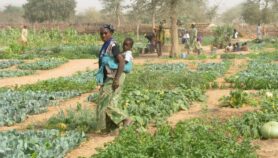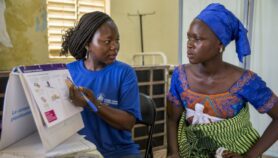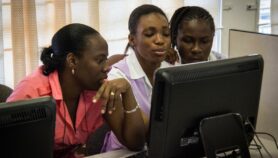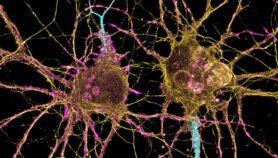10/12/19
Women in climate hotspots face hardships as men migrate
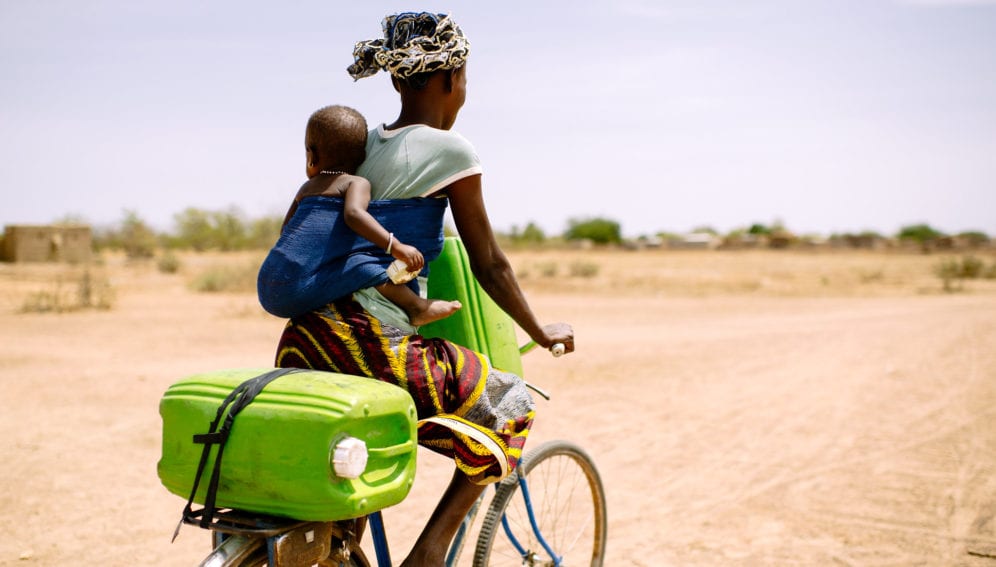
Send to a friend
The details you provide on this page will not be used to send unsolicited email, and will not be sold to a 3rd party. See privacy policy.
[CAPE TOWN] Women in poor households of climate change-prone communities face more challenges including shouldering additional household responsibilities and, gender wage gaps when their men migrate to other communities, a study says.
According to researchers, environmental risks including droughts, floods, land erosion, landslides and cyclones confront residents of climate change hotspots but the extent to which women adapt to these conditions as their spouses migrate remain understudied.
“Critical here are labour market inequalities including gender wage gaps [and] low quality work for women,” says Nitya Rao, a professor of gender and development at the UK-based University of East Anglia and the lead researcher of the study. “While some social protection does exist and is very important, this is often not universal so the most vulnerable and those with no social contacts or in remote regions might get left out.”
Poverty is a factor that makes it difficult for women to adapt because poor households generally tend to have fewer assets or resources to fall back on, Rao explains.
“Critical here are labour market inequalities including gender wage gaps [and] low quality work for women.”
Nitya Rao, University of East Anglia
The study published last month (25 November) in Nature Climate Change analysed data on women’s ability to make meaningful choices and strategic decisions as it impacts their adaptation responses.
The researchers examined 25 case studies from Africa — Ethiopia, Ghana, Kenya, Mali, Namibia and Senegal, and Asia — Bangladesh, India, Nepal, Pakistan and Tajikistan.
“My husband is sometimes away for four to five days. I manage the shop, cook and look after the children. I have no help,” says a 22-year-old Kenyan woman with two children who was cited in the study.
Chanda Gurung Goodrich, a senior gender specialist at the International Centre for Integrated Mountain Development in Nepal, whose work was included in the study, agrees that women left behind in stressful environments are burdened with household and care responsibilities, farm work and taking over tasks previously meant for men.
Rao says that across the countries, governments’ provision of essential services such as drinking water, clean energy, childcare and healthcare facilities is grossly inadequate, thus constraining women's choices.
Social institutions do not work in tandem with each other. Rather, they intensify inequalities, Rao adds.
For example, if women have to spend more time collecting fuel or fodder, or performing other reproductive tasks, they are further disadvantaged in the choice of income earning opportunities, she explains.
Virginie Le Masson, a research associate with the Overseas Development Institute, who has done similar work in Chad, tells SciDev.Net: “A powerful message is the need to move beyond initiatives that aim to support local women to adapt to climate change only, whereas the underlying causes of their everyday struggle remain unchallenged.”
“To say that women are powerful agents of change is true but it is useless if investments are not made in sectors that will support their well-being and give them more means to achieve change: healthcare, education and justice,” Masson adds.
“The institutional structures and processes remain patriarchal and largely male dominated, with no or very limited space for women in decision-making,” Goodrich says.
This piece was produced by SciDev.Net’s Sub-Saharan Africa English desk.
References
Nitya Rao and others A qualitative comparative analysis of women’s agency and adaptive capacity in climate change hotspots in Asia and Africa (Nature Climate Change, 26 November 2019)







